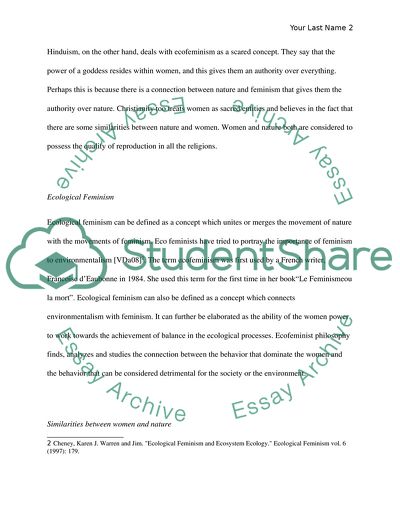Cite this document
(“Religion, Feminism, and Environmentalism Research Paper - 2”, n.d.)
Religion, Feminism, and Environmentalism Research Paper - 2. Retrieved from https://studentshare.org/religion-and-theology/1614776-religion-feminism-and-environmentalism
Religion, Feminism, and Environmentalism Research Paper - 2. Retrieved from https://studentshare.org/religion-and-theology/1614776-religion-feminism-and-environmentalism
(Religion, Feminism, and Environmentalism Research Paper - 2)
Religion, Feminism, and Environmentalism Research Paper - 2. https://studentshare.org/religion-and-theology/1614776-religion-feminism-and-environmentalism.
Religion, Feminism, and Environmentalism Research Paper - 2. https://studentshare.org/religion-and-theology/1614776-religion-feminism-and-environmentalism.
“Religion, Feminism, and Environmentalism Research Paper - 2”, n.d. https://studentshare.org/religion-and-theology/1614776-religion-feminism-and-environmentalism.


